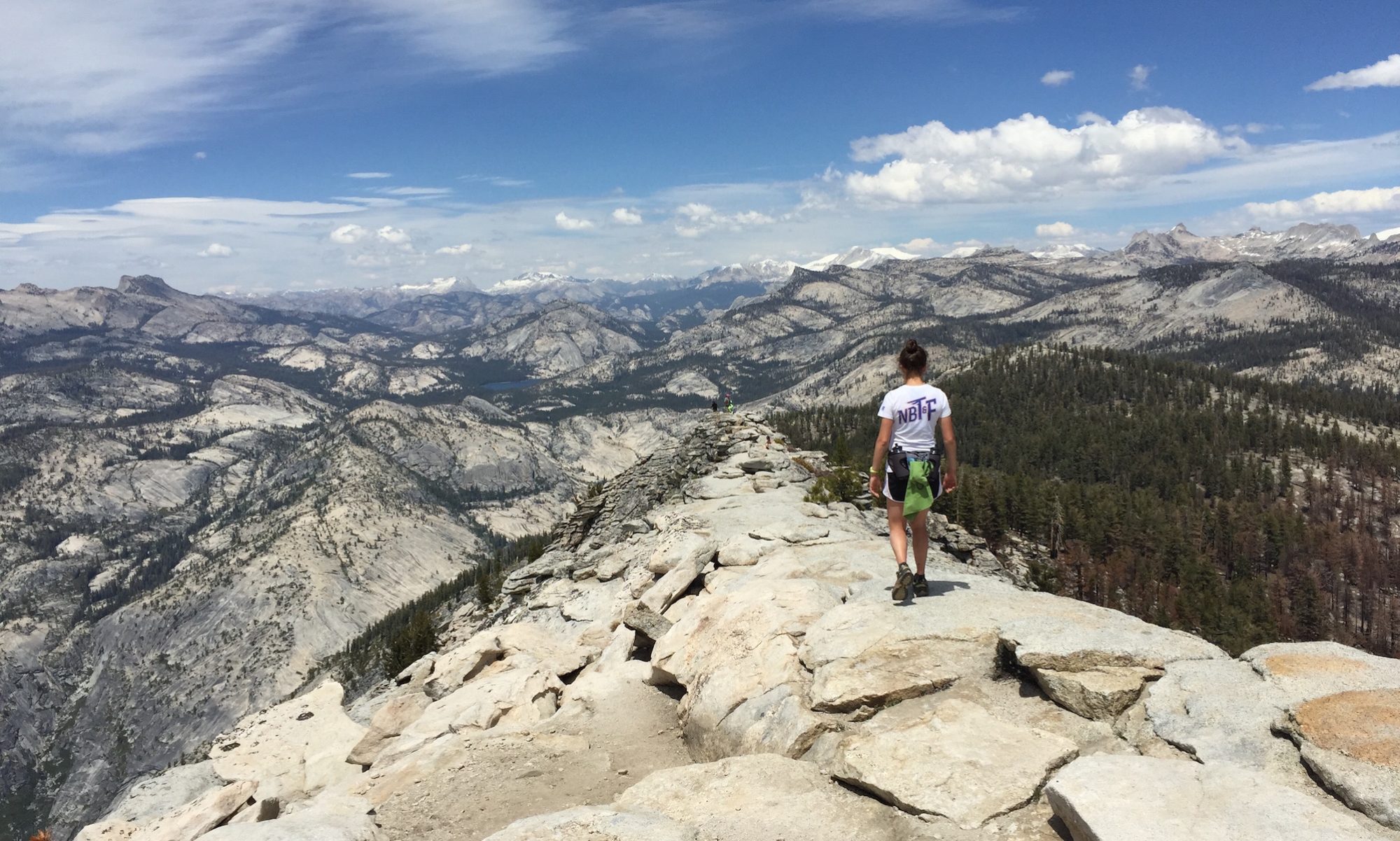
My “why” for previous connected courses has centered on developing empathy (closeness) and analytical perspective (distance) for things that really matter. For me, those things include: people, animals, and an appreciation of the unique cultural contexts in which we relate to each other.
In an honors colloquium on domestication we worked to unpack the assumptions we have about what domestication is (answer: on ongoing multi-lateral interspecies relationship, rather than an event or engineering feat). We gained insight about how our historical assumptions condition our current experiences with real animals and left the course with a more robust analytical toolkit for moving those relationships forward.
Last fall I shifted my Soviet History course to a “100% class-sourced” model, by having students research and author blog posts for a weekly digest. Rather than trying to convey my understanding of the Soviet experience to them and then testing them on it, I helped them identify high quality research materials for topics and events that were interesting to them. We produced a rich compendium of analytical posts in which students not only demonstrated competence with the research process, but, more importantly, developed an appreciation for historical contingency and cultural relativism. Studying a history steeped in negative stereotypes and a society that seems quite “foreign” on their own terms gave us a more constructive perspective on the contemporary political climate and an appreciation of our own cultural baggage.
I’ve been amazed and invigorated by the power of networked technologies to amplify the learning experience. I still have a lot to learn and will continue to develop the two connected course models I currently have in play. I am also looking ahead and thinking seriously about a course that would connect students and faculty from different campuses in the interdisciplinary field of animal studies. The why of that course is that relationships between humans and animals are fundamental, essential, but often unacknowledged or certainly unexamined aspects of our lives as social creatures embedded in historical contexts. Animal studies, a developing academic field that mobilizes practitioners from the humanities, social sciences, natural sciences and applied fields to study our relationships with non-human animals in theory and in practice seems ideally suited for a connected course. Such a course could bring together faculty with different areas of expertise, practitioners outside the academy, and students at any level to create a dynamic web of inquiry, expertise and action. I will be knocking on the doors I know exist shortly. If yours isn’t one of them and you are interested, please let me know!
